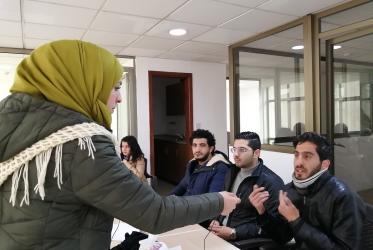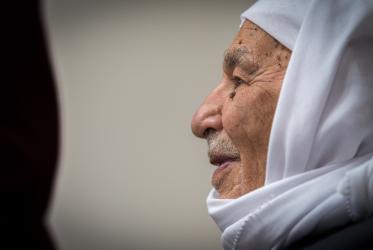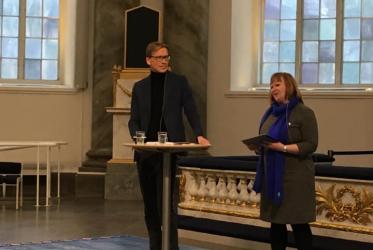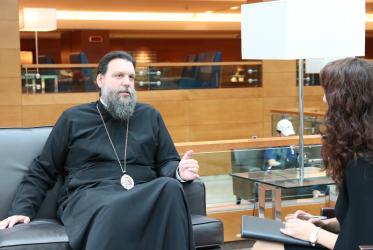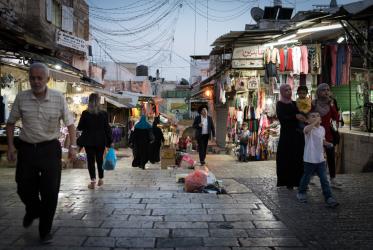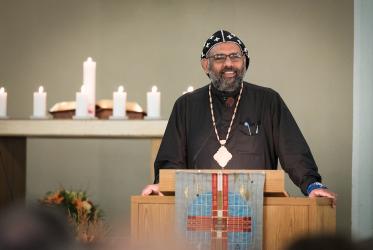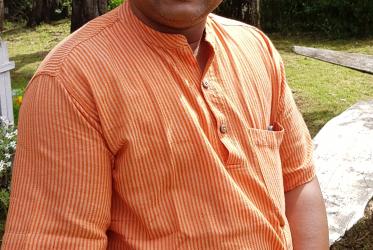Displaying 1 - 20 of 37
06 September 2022
In a COVID-stricken world, “everyone is important”
23 October 2020
Are migrants seen and heard? Conference presses the question
19 October 2020
The cry of the Papuans in Indonesia
14 November 2019
WCC pays tribute to ecumenist pioneer
08 May 2019
A faith-based, holistic approach to HIV and AIDS-care
13 March 2019
Ecumenism is a sense of belonging
08 February 2019
Metropolitan Zachariah Mar Nicholovos celebrates Silver Jubilee
26 November 2018
WCC Executive Committee envisions future for one ecumenical movement
08 November 2018
Paving the way for ecumenical studies, learning English in Bossey
24 September 2018
Dr Samuel George: “Ensure all are included"
12 June 2018
In the ecumenical movement to stay
26 April 2018


